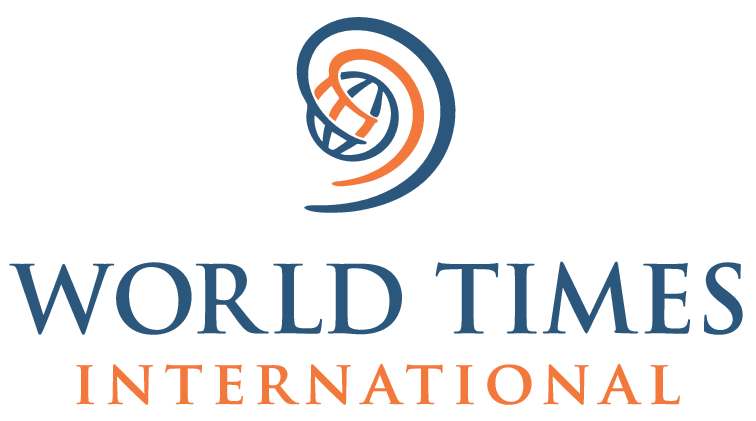- 227 Upper Mall, Mall Road, Lahore
- jworldtimesint@gmail.com
- Monday - Friday : 10:30AM - 6:30PM
Financial planning for study abroad
“Unlock Your Global Education Dream:
The Ultimate Financial Checklist for Studying Abroad”
Embarking on a journey to study abroad is an exhilarating prospect for many Pakistani students. It represents not just an opportunity to attain a higher quality of education, often unavailable in the local deteriorating and outdated education system, but also a chance to immerse oneself in a new culture, gain global exposure, and enhance personal growth. However, this dream comes with its set of financial challenges and considerations. Managing your finances effectively is crucial to ensure a smooth and enriching study abroad experience. Here’s a comprehensive financial checklist for Pakistani students planning their education journey overseas.
1. Early Planning and Budgeting
Start by researching the cost of living in your prospective study destinations. Countries like Australia and Canada offer excellent education but come with a higher cost of living compared to countries in Eastern Europe or Asia. Create a monthly budget that includes accommodation, food, transportation, health insurance, tuition fees, and miscellaneous expenses. Tools like Numbeo can provide you with an estimate of living costs in various cities around the world.
2. Understanding Currency Exchange Rates
Currency fluctuation can significantly impact your budget. As a Pakistani student, you’ll be converting PKR to the currency of your study destination, which can vary widely. Keep an eye on exchange rates and consider opening a student bank account in your destination country to mitigate losses from fluctuating exchange rates.
3. Seeking Scholarships and Financial Aid
Many international universities offer scholarships and financial aid for international students. Websites like Scholarship Positions or the official websites of your chosen universities can be excellent resources. For example, the DAAD Scholarship in Germany offers financial support to international students across various fields of study. Additionally, explore options within Pakistan, such as the Higher Education Commission (HEC) scholarships for study abroad programs.
4. Part-time Work Opportunities
Most countries allow international students to work part-time while studying. This can be a significant financial relief and also provide valuable work experience. For instance, in Australia, international students are allowed to work up to 40 hours per fortnight during the semester. Research the work regulations in your destination country and plan accordingly.
5. Health Insurance
Healthcare can be expensive abroad, and as an international student, it’s mandatory in many countries to have health insurance. Some countries, like Germany, offer affordable health insurance plans for students, including international students. Ensure you understand the healthcare system of your destination country and factor in the cost of health insurance in your budget.
6. Emergency Fund
Unexpected expenses can arise, and having an emergency fund is crucial. Aim to save enough to cover at least three months of living expenses. This fund can be a lifesaver in case of unforeseen circumstances like health emergencies, travel back home, or even currency fluctuations.
7. Cost-effective Accommodation Options
Accommodation is one of the significant expenses for international students. Explore various options like university dorms, shared apartments, or homestays. Each option has its pros and cons in terms of cost, privacy, and immersion in the local culture. For example, university dorms in the UK can be more expensive than shared apartments but offer the convenience of being close to campus.
8. Managing Day-to-Day Expenses
Be mindful of your daily expenses and look for ways to live frugally without compromising your well-being. This includes cooking at home instead of eating out, using public transportation, and taking advantage of student discounts. Many cities offer student discount cards for museums, cinemas, and public transport.
9. Financial Documentation for Visa Applications
Ensure you have the necessary financial documentation required for your student visa application. This often includes proof of sufficient funds to cover tuition and living expenses for at least the first year of study. Each country has its requirements, so check the embassy or consulate website of your destination country for specific details.
Conclusion
Studying abroad is a significant investment in your future, offering unparalleled opportunities for academic and personal development. By meticulously planning and managing your finances, you can mitigate the financial challenges that come with studying abroad. Remember, the key to a successful study abroad experience lies in early planning, thorough research, and continuous budget management. Embrace this journey with confidence, knowing you are well-prepared to make the most of this life-changing opportunity.

